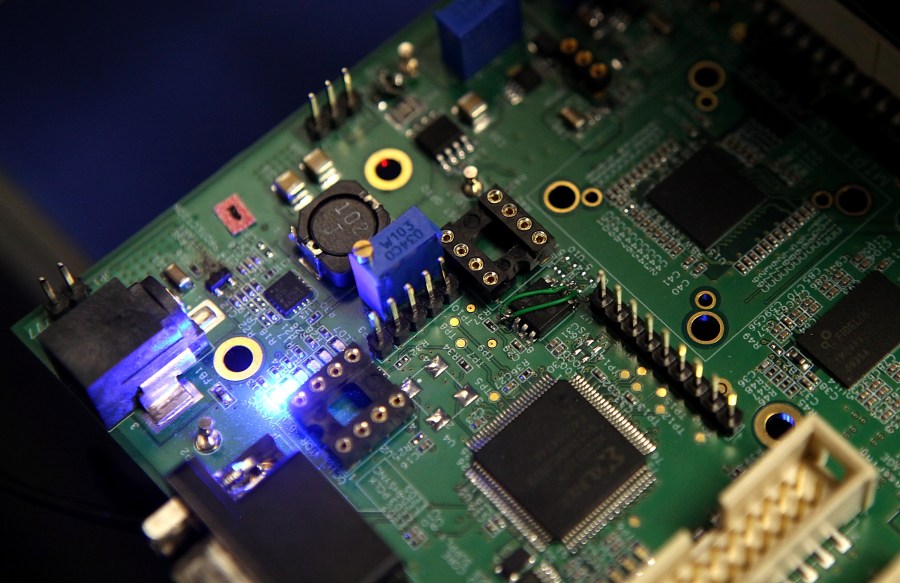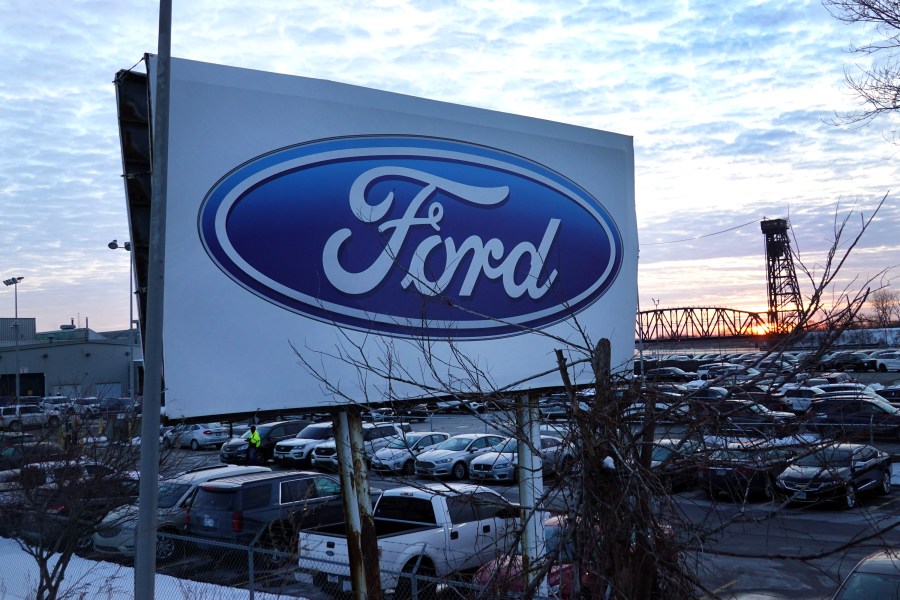Semiconductor shortage causes ripple effect on global economy
CHICAGO (NewsNation Now) — The wafer-thin microchips that powers everything from cellphones to cars to home appliances are facing a global shortage that’s expected to pack a punch in the global economy.
Jon Santure, a millwright at Ford, is one of 5,200 employees now out of work at the automaker’s Chicago plant because of the low supply.
“Oh, the ripple effect is huge. So cars, there’s so much technology in the cars right now. It’s unbelievable,” said Santure. “So that one little chip, OK, we can’t build the cars. So that shuts down our plant.”
“Now, as you said, our suppliers, the seats, all other components, those suppliers, now that their shops and plants are idled. Then you look at the community around our plants, the food industry, and gas stations. All of them are losing a huge revenue right now. So when just that little tiny micro doesn’t seem that big to the rest of the nation, but it cripples, you know, communities, like our local union.”
Jon Santure
Ford’s assembly plants in Chicago, Michigan and Kansas are shut down through mid-May, while its Ohio assembly plant will produce only a limited number of cars and trucks during those two weeks.
The current chip shortage represents more than a brief pause on assembly lines. Ford expects it will produce about 1.1 million fewer cars this year.

Last week, Ford CFO John Lawler said semiconductor availability will get worse before it gets better.
It’s already been a bruising year for the automaker, which lost access to many of its chips after a fire at a Japanese semiconductor plant in March.
Harvard Business School professor Willy Shih says it’s not the only hurdle for Ford and other automakers.
“The capacity to make those chips had been spoken for by other industries, primarily those who are benefiting from the workforce from home, you know, the notebook computer guys, exercise equipment, appliance makers, and so on. So then the capacity just wasn’t available for them.”
Willy shih
While the auto industry searched for chips, the tense trade war between Washington and Beijing pushed China to hoard its supply of semiconductors last summer.
Meanwhile, natural disasters pummeled semiconductor factories from Taiwan to Texas over the last year, crippling an already fragile industry.
President Joe Biden has included $50 billion in his infrastructure package to boost domestic chipmakers, but that money may not solve Ford’s short-term shortage.

“If you took the money and purely put it into subsidies to build more capacity, it would take two years for that capacity to come on stream. And I think a lot of the reallocation of capacity going on in the industry today will solve that problem, probably within a year or so,” said Shih.
He added, “To confuse the $50 billion number that is being thrown around with fixing the short-term problem of the auto industry, that would be a mistake.”
And for workers like Santure, relief can’t come soon enough.
“Last year was covid. Now this year, it’s a chip shortage. It’s like, you know, come on already. Quit kicking us while we’re down,” said Santure.










